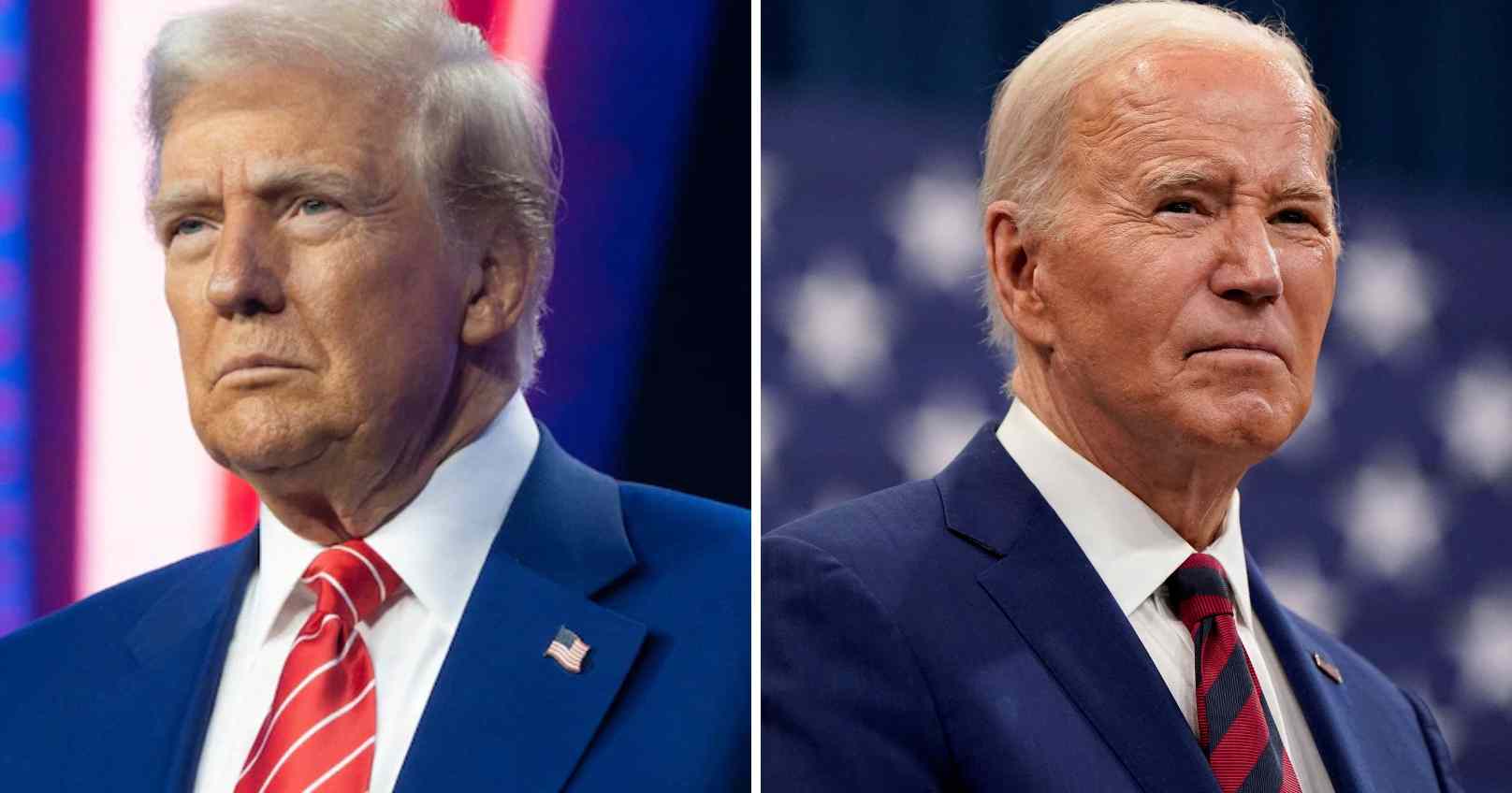Former President Donald Trump has strongly criticized Joe Biden's decision to commute the sentences of nearly all federal death row inmates, accusing the outgoing president of sparing some of the country’s most dangerous criminals.
In a significant move during his final month in office, President Biden commuted the death sentences of 37 out of 40 federal inmates to life imprisonment without parole. The announcement on Monday included individuals convicted of heinous crimes such as murdering fellow prisoners, killing during bank robberies, and murdering a prison guard.
Trump, reacting on his social media platform Truth Social, expressed outrage over the decision. “Joe Biden just commuted the Death Sentence on 37 of the worst killers in our Country,” he wrote. “When you hear the acts of each, you won't believe that he did this. Makes no sense. Relatives and friends are further devastated. They can't believe this is happening!”
Biden, who had earlier imposed a moratorium on federal executions, said his decision was guided by “conscience and experience” to prevent a future administration from resuming capital punishment. While rebuking the "despicable acts" committed by the inmates, Biden emphasized the importance of ending federal executions during his tenure.
Three inmates were excluded from Biden’s commutation order, including the Boston Marathon bomber, a shooter who killed 11 worshippers at a synagogue in 2018, and a white supremacist who murdered nine Black churchgoers in 2015.
Trump, who has signaled plans to reinstate the death penalty if re-elected, reiterated his stance. “We will vigorously pursue the death penalty to protect American families and children from violent rapists, murderers, and monsters,” he declared, adding, “We will be a Nation of Law and Order again!”
Biden's decision highlights a contentious debate on the federal death penalty, with critics and supporters deeply divided over the implications of his commutations. As Trump prepares for a potential return to the White House, the issue is likely to remain a focal point in American politics.







